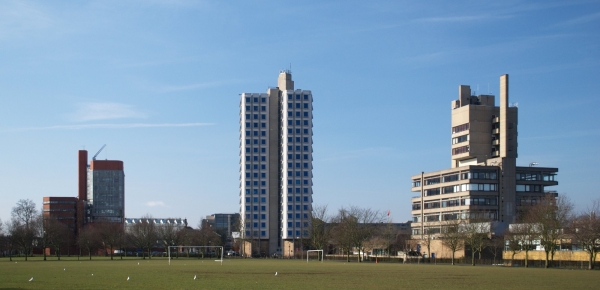https://le.ac.uk
Description
Founded in 1921, in the aftermath of World War I, the University of Leicester was built with the purpose of establishing a living memorial to those who had lost their lives during the conflict. Its motto Ut Vitam Habeant ('so that they may have life') reflects its belief that through research and education, the university would act as a beacon of hope for the future.
Granted its Royal Charter in 1957, Leicester is now one of the UK's leading research universities and prides itself on making contributions that have hade a positive impact on public health, culture, society and the environment.
The university offers over 350 degree programmes across three academic colleges: medicine, biological sciences and psychology, science and engineering, and arts and humanities. Its ethos emphasises a cross-disciplinary approach, innovation and collaboration.
Based in the city of the same name, Leicester has a youthful feel and boasts the largest number of people aged 19 and under in the East Midlands region.
Although it’s the tenth largest city in the UK, it has an abundance of green spaces making it easy to escape the hustle and bustle of urban life. Its main campus, which backs onto 69 acres of park land, is often referred to as the university’s ‘back garden'.
Leicester is one of the most ethnically diverse areas of the UK and its university lays claim to a long-standing record on social inclusiveness.
The city is also among the most economical places to live in the country. In 2015 it was ranked top by HSBC for the second year in a row for being the UK’s most affordable university.
Among the university’s claims to fame are the invention of genetic fingerprinting in 1984 by Professor Sir Alec Jeffreys and the more recent discovery of King Richard III’s mortal remains in a Leicester council car park.
Specific details
Location
University Road, Leicester, Leicestershire, LE1 7RH, United Kingdom




